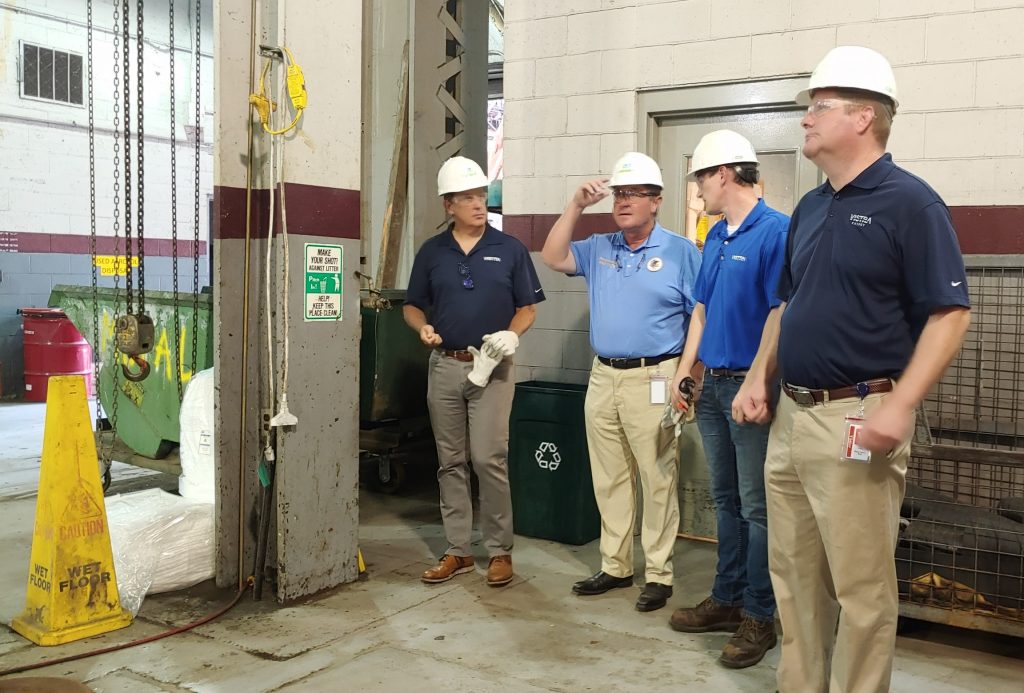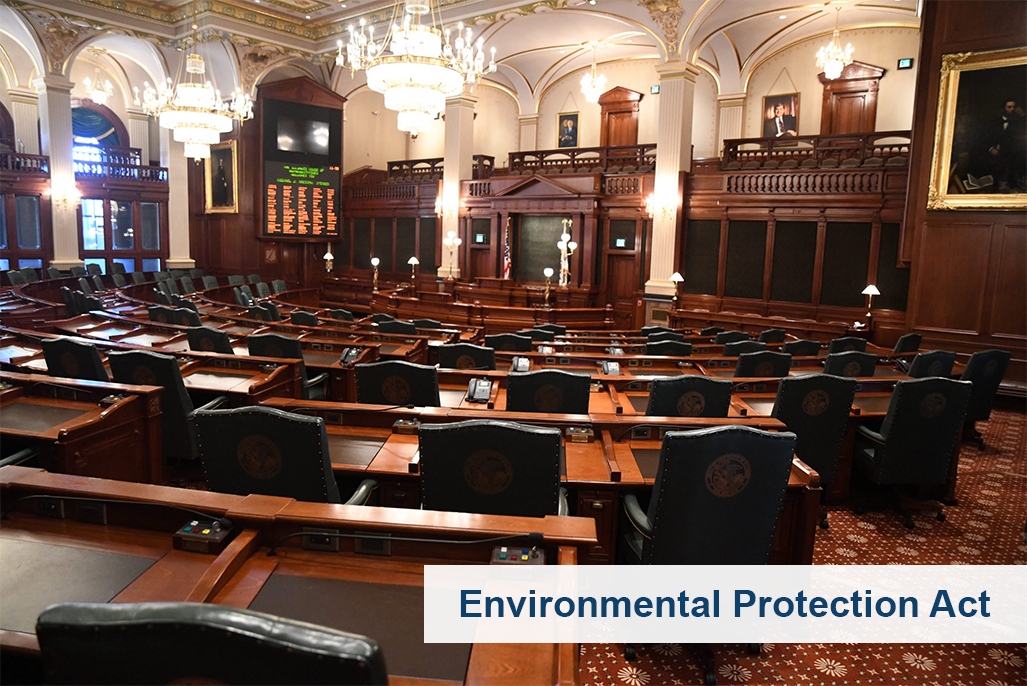Energy in Illinois
Illinois House Minority Leader Tony McCombie recently filed a legislative bill package to make changes to the state’s Environmental Protection Act. The legislation is a proactive approach to amend deadlines already handed down by legislature.
Current law enacted in 2021 mandates that all coal and natural gas-fired power plants close by 2045, and under the Climate & Equitable Jobs Act, restrictions facing gas-fired facilities begin in 2030. Unfortunately, as those deadlines inch closer and energy demands continue to climb, it is essential that those deadlines be re-examined with new viable pathways forward.
To do so, the House Minority Leader filed the following bills with strong support from State Representative Mike Coffey.
- HB5897: Extends deadlines by 5 years for reduced or zero carbon dioxide equivalent for electric generating units and large greenhouse gas-emitting units.
- HB5898: Extends deadlines by 10 years for reduced or zero carbon dioxide equivalent for electric generating units and large greenhouse gas-emitting units.
- HB5899: Extends deadlines by 5 years for reduced or zero carbon dioxide equivalent for electric generating units and large greenhouse gas-emitting units that use coal as a fuel.
“We must take a realistic approach to the future of energy in Illinois,” said Leader McCombie. “This is a complex issue that requires stake holders and lawmakers to engage in ongoing dialogue about how well we are meeting existing deadlines, given current energy demands and the unattainable goals for ‘clean energy.’ The reality is that our energy demands are rising while we push to close coal and natural gas plants. My bills aim to foster this crucial conversation and position our state for success by ensuring a steady, reliable power supply.”
Rep Coffey issued the following statement:
Rep. Coffey Tours Kincaid Power Plant to Discuss Illinois Energy
Illinois cannot afford to overbuild and invest into projects that would generate a fraction of energy that of coal. This issue must be addressed with real solutions, or the state of Illinois will be importing energy at a high cost. Read more…

